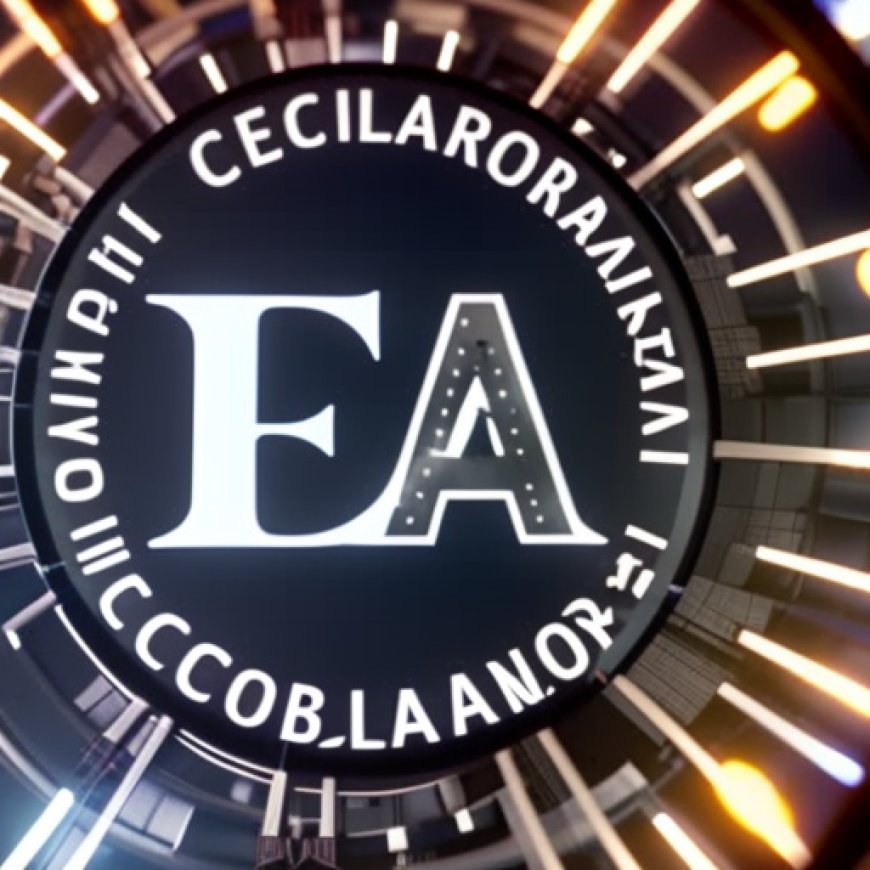Policy framework, public private collaboration key for circular economy transition
Policy framework, public private collaboration key for circular ... newagebd.net


A roundtable on circular economy transition

A roundtable on circular economy transition highlighted the imperative, opportunities, and priority strategy for Bangladesh to transition towards circularity.
Event Details
- Date: August 24
- Organizers: Policy Exchange Bangladesh and Bangladesh Apparel Exchange
- Supporters: UNIDO, SWITCH2CE, Chatham House, EU, and Circle Economy
The event gathered industry leaders from various sectors, policymakers, development partners, and experts who emphasize the urgency of accelerating circular economy initiatives in the country.
Key Participants
- Chief Guest: Tapan Kanti Ghosh (Commerce Ministry Senior Secretary)
- Chair: Md Abdur Rahim Khan (Commerce Ministry Additional Secretary – Export Wing Head)
- Panellists:
- Mostafiz Uddin (Founder and CEO of Bangladesh Apparel Exchange)
- Zaki Uz Zaman (Country Director of UNIDO)
- Asif Ibrahim (Vice-Chairman of New Age Group of Industries)
- Md Ariful Hoque (Director of BIDA)
- Shamim Ahmed (President of BPGMEA)
Highlights from the Roundtable
Tapan Kanti Ghosh highlighted the need for collaborative efforts among associations and businesses to address circularity challenges. He also underscored the policy’s role in fostering waste exports through zero export duty, while emphasizing the pivotal role of financing in the circularity and renewable energy sectors.
M Masrur Reaz, Chairman and CEO of Policy Exchange, presented the keynote at the roundtable. The keynote addressed critical points including the peril of climate change, the economic and environmental merits of circular economies, and the imperative of transitioning for the betterment of the apparel sector.
Reaz illuminated the strategies that countries across the globe are employing to effectuate circular economies and the challenges faced by Bangladesh in adopting these practices.
Mostafiz Uddin emphasized the significance of raising awareness about circularity, a concept that has gained considerable traction since its introduction in 2016. He revealed forthcoming steps, including the second Bangladesh Circular Economy Summit 2024, regional conferences in 2025, and an ambitious international event in 2026.
He also highlighted ongoing efforts to establish an educational platform and the necessity for strategic action plans to drive Bangladesh’s circular economy transition.
Some of the insights shared during the roundtable were enriched by the findings of the 1st Bangladesh Economy Summit in June 2023, organized by Bangladesh Apparel Exchange in partnership with GIZ, Laudes Foundation, P4G, H&M, and the Embassy of the Kingdom of Netherlands in Bangladesh.
This high-level roundtable marked a pivotal moment in Bangladesh’s commitment to embrace circular economy principles and catalyze sustainable change across industries. With collaboration and determination, Bangladesh is poised to propel itself towards a more resilient, resource-efficient future.
SDGs, Targets, and Indicators
-
SDG 12: Responsible Consumption and Production
- Target 12.2: By 2030, achieve the sustainable management and efficient use of natural resources
- Indicator: Not mentioned in the article
The article discusses the transition towards circularity, which aligns with SDG 12. Circular economy practices promote responsible consumption and production by reducing waste, reusing materials, and extending the lifespan of products. The article emphasizes the urgency of accelerating circular economy initiatives in Bangladesh.
-
SDG 13: Climate Action
- Target 13.3: Improve education, awareness-raising, and human and institutional capacity on climate change mitigation, adaptation, impact reduction, and early warning
- Indicator: Not mentioned in the article
The article mentions the peril of climate change and highlights the economic and environmental merits of circular economies. It also discusses the need for raising awareness about circularity. These efforts contribute to SDG 13 by promoting climate action through education and awareness.
-
SDG 17: Partnerships for the Goals
- Target 17.16: Enhance the global partnership for sustainable development, complemented by multi-stakeholder partnerships that mobilize and share knowledge, expertise, technology, and financial resources
- Indicator: Not mentioned in the article
The article emphasizes the need for collaborative efforts among associations, businesses, policymakers, and development partners to address circularity challenges. This aligns with SDG 17, which promotes partnerships for sustainable development.
Table: SDGs, Targets, and Indicators
| SDGs | Targets | Indicators |
|---|---|---|
| SDG 12: Responsible Consumption and Production | Target 12.2: By 2030, achieve the sustainable management and efficient use of natural resources | Not mentioned in the article |
| SDG 13: Climate Action | Target 13.3: Improve education, awareness-raising, and human and institutional capacity on climate change mitigation, adaptation, impact reduction, and early warning | Not mentioned in the article |
| SDG 17: Partnerships for the Goals | Target 17.16: Enhance the global partnership for sustainable development, complemented by multi-stakeholder partnerships that mobilize and share knowledge, expertise, technology, and financial resources | Not mentioned in the article |
Behold! This splendid article springs forth from the wellspring of knowledge, shaped by a wondrous proprietary AI technology that delved into a vast ocean of data, illuminating the path towards the Sustainable Development Goals. Remember that all rights are reserved by SDG Investors LLC, empowering us to champion progress together.
Source: newagebd.net

Join us, as fellow seekers of change, on a transformative journey at https://sdgtalks.ai/welcome, where you can become a member and actively contribute to shaping a brighter future.







